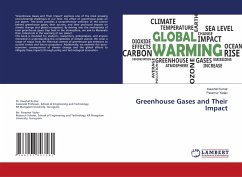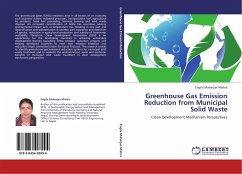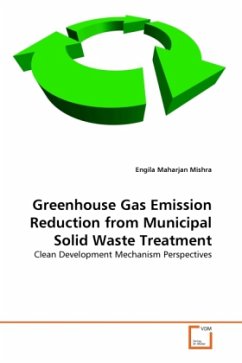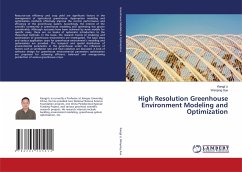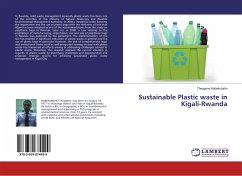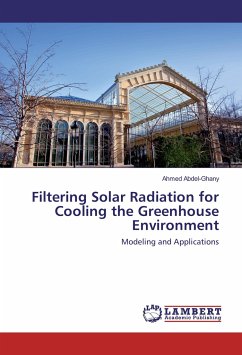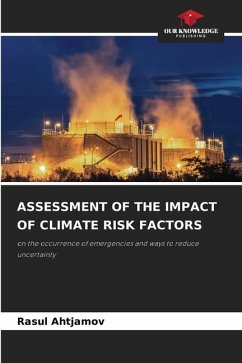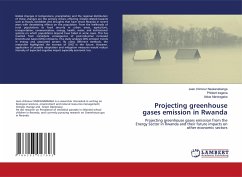
Projecting greenhouse gases emission in Rwanda
Projecting greenhouse gases emission from the Energy Sector in Rwanda and their future impacts on other economic sectors
Versandkostenfrei!
Versandfertig in 6-10 Tagen
27,99 €
inkl. MwSt.

PAYBACK Punkte
14 °P sammeln!
Global changes in temperature, precipitation and the regional distribution of those changes are the primary drivers affecting climate-related hazards such as floods, landslides and droughts that have struck Rwanda in recent years with devastating effects on the population. From the livelihoods of rural populations to food security in urban areas, agriculture, transportation, communication, energy, health, water, and institutional systems on which populations depend have failed in some cases. This has resulted from immediate consequence of post-industrial increased Greenhouse Gases (GHG) emissi...
Global changes in temperature, precipitation and the regional distribution of those changes are the primary drivers affecting climate-related hazards such as floods, landslides and droughts that have struck Rwanda in recent years with devastating effects on the population. From the livelihoods of rural populations to food security in urban areas, agriculture, transportation, communication, energy, health, water, and institutional systems on which populations depend have failed in some cases. This has resulted from immediate consequence of post-industrial increased Greenhouse Gases (GHG) emissions. This study analyses GHG emission trends in energy and associated sectors. By using different methods, the researcher highlighted the increase of GHG in the future. However, application of possible adaptation and mitigation measures would reduce intensity of expected negative impact especially economic loss.



